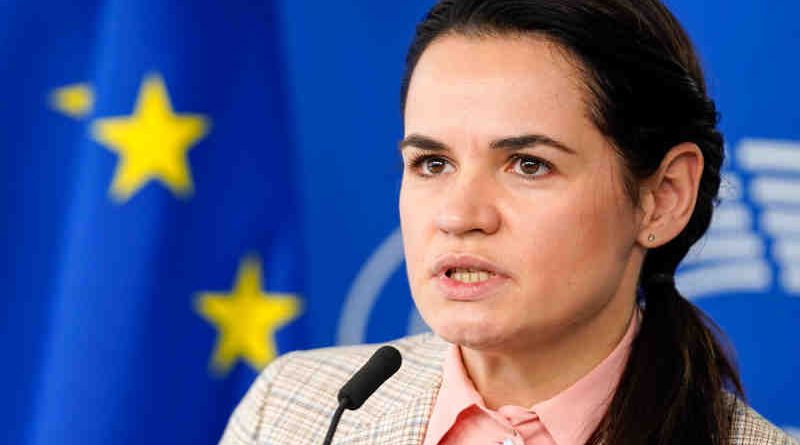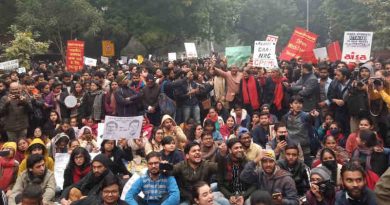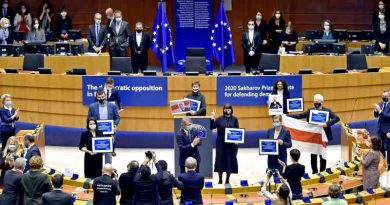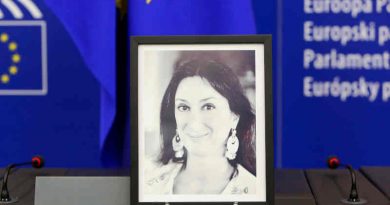European Parliament Refuses to Accept Rigged Presidential Elections in Belarus
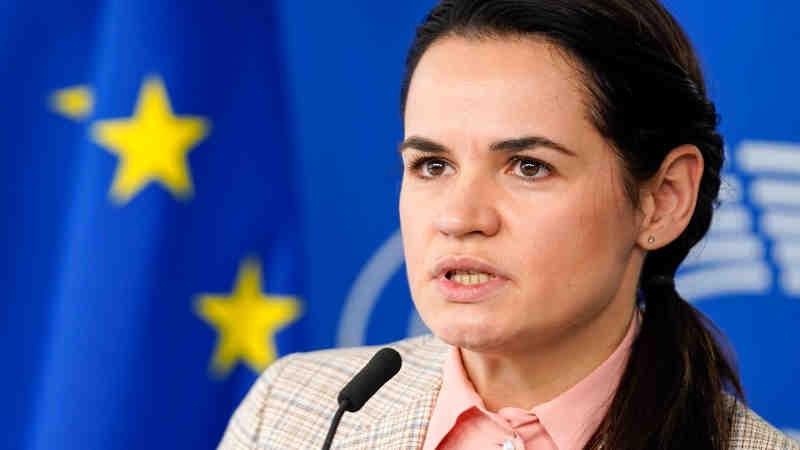
The European Parliament says negotiations on the EU-Belarus Partnership Priorities must be suspended until new, free, and fair presidential elections can be organized.
On Wednesday (October 21), the European Parliament adopted a set of recommendations on how the EU should reassess its relations with Belarus, by 602 votes in favour, 44 against and 44 abstentions. The assessment takes stock of developments both before and after the rigged presidential elections held in the country on 9 August this year, which resulted in a popular uprising against the current regime.
“I urge the German Presidency of the Council of the European Union to lead diplomatic efforts to prevent any interference and to support the Belarusian people’s democratic aspirations,” said rapporteur Petras Auštrevičius (Renew Europe, LT) after the vote.
The text reiterates many aspects of the European Parliament’s latest resolution on Belarus, adopted on 17 September. It supports the decision taken by the EU and its member states not to recognize the fraudulent election results as announced by the Belarusian Central Election Commission.
It underlines that Aliaksandr Lukashenka will not be the legitimate president of the country once his current term of office expires on 5 November.
Supporting the people of Belarus in their legitimate demands for fair elections under international supervision, the resolution notes that Sviatlana Tsikhanouskaya, who, according to independent sociological surveys, received more than half of the votes in the elections, is president-elect in the eyes of the Belarusian people.
It also recognizes the Coordination Council initiated by Sviatlana Tsikhanouskaya as the legitimate representative of the people, demanding democratic change and freedom in Belarus.
The Parliament supports the initiative to set up a high-level mission to Belarus composed of former heads of state or government, whose task should be to help stop the violence, assist in freeing political prisoners and promote political dialogue.

